Research
Meet our faculty researchers and see what they are up to
Our faculty and students are actively involved in several areas of research. View each researcher's page or lab website to learn more about their work and how you can get involved!
Researchers and their Labs
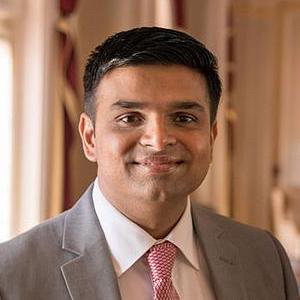
Dr. Ramesh Kaipa
Dr. Kaipa is the head of the Motor Speech lab and his research focuses on the motor aspects of speech production. He investigates the outcomes of different treatments designed to improve speech production. His outcome measures include electrophysiological (electromyography and electroencephalography) and behavioral (acoustic) measures.
Meet Dr. Kaipa Motor Speech Lab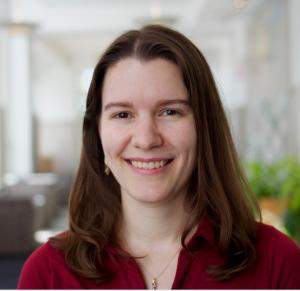
Dr. Valerie Freeman
Dr. Freeman directs the Sociophonetics lab. She studies how acoustic-phonetic aspects of speech production and sociolinguistic perception vary with social factors like regional dialect and hearing status. Her largest projects investigate the lived experiences of d/Deaf and hard-of-hearing people and how their speech is perceived. Other projects examine remote data collection methods, regional vowel mergers, vocal gender perception, and ways to train abled native speakers to better understand accented and pathologized speech.
Meet Dr. Freeman Sociophonetics Lab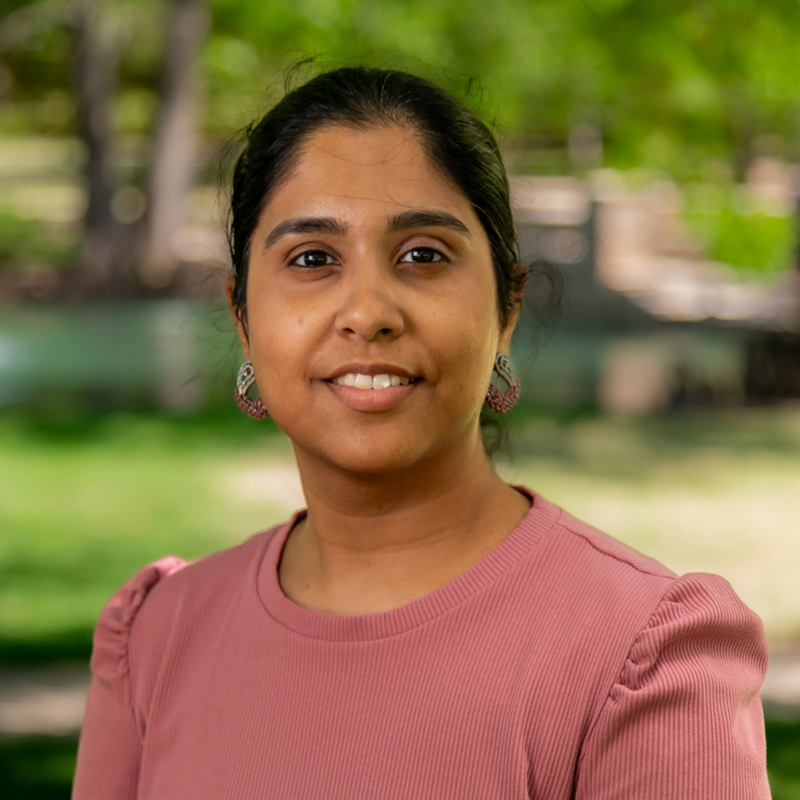
Dr. Roha Kaipa
Dr. Kaipa is the head of the Language Learning Lab and she examines the effect of bilingualism/multilingualism on language learning, language processing and language production. Her outcome measures include electrophysiological (electromyography & electroencephalography) and behavioral measures.
Meet Dr. Roha Kaipa Language Learing Lab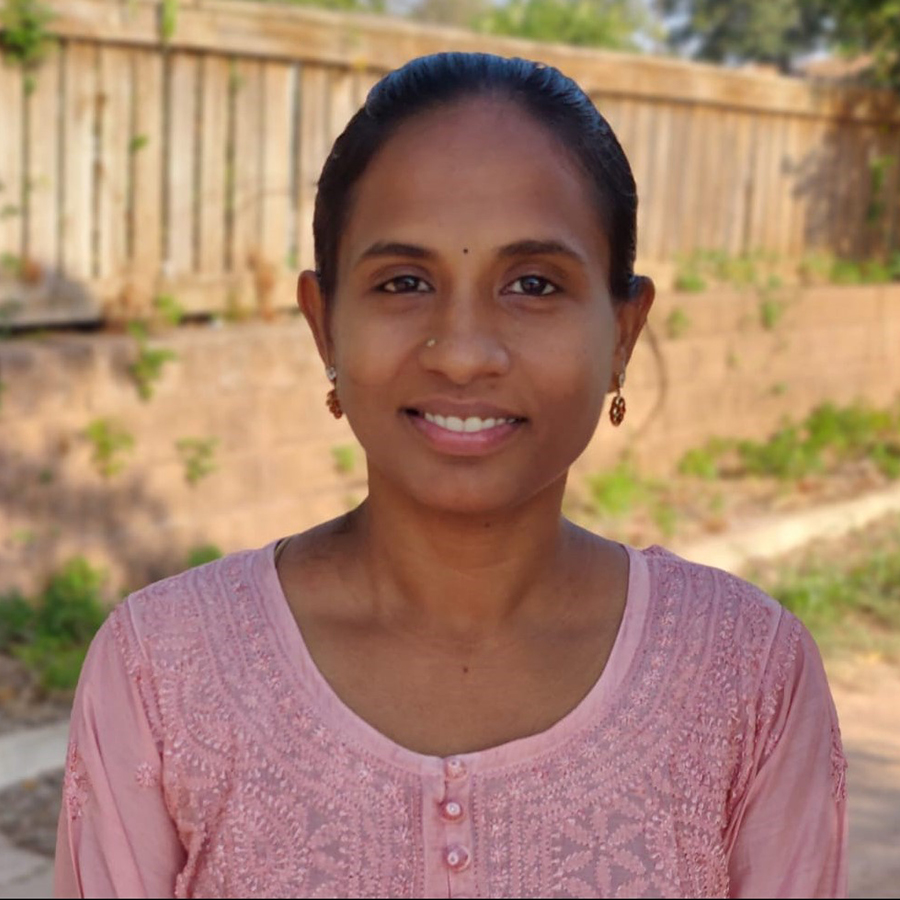
Shenbagavalli Mahalingam
Dr. Mahalingam is a clinical researcher mainly focused on voice and its disorders and speech science. She is interested in understanding how voice therapy works with different pathological conditions and the role of learning methods, instructions and feedback in the outcome of voice therapy. She uses both subjective (perceptual) and objective (instrumental) measures to gauge the outcome of the voice therapy.
Meet Dr. Mahalingam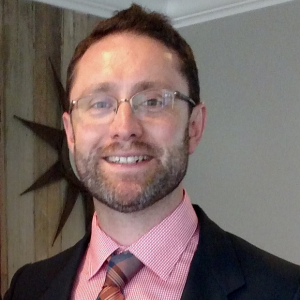
Dr. Peter Richtsmeier
Dr. Richtsmeier is the head of the Phon Farm Lab and conducts research on phonological learning in children and adults. With children, his current studies examine 1) factors that contribute to the development and persistence of phonological errors, especially in children with speech sound disorder, and 2) factors that allow children to be more accurate speakers. With adults, current studies examine 1) factors that allow adults to learn phonological patterns, and 2) the basic cognitive skills required for phonological learning.
Meet Dr. Richtsmeier Phon Farm Lab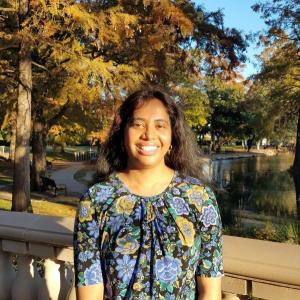
Dr. Sabiha Parveen
Dr. Parveen is the head of the Adult Neuro and SOTL Research Lab and she investigates the effects of speech and cognitive treatment programs in adult neurogenic disorders including Parkinson disease, quality of life issues of people with neurogenic disorders and their families, and scholarship of teaching and learning (SOTL) in the field of Communication Sciences and Disorders.
Meet Dr. Parveen Adult Neuro and SOTL Research Lab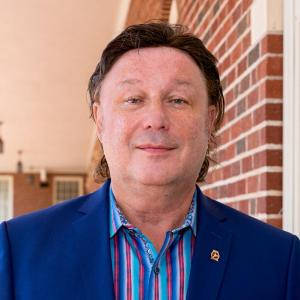
Dr. John Tetnowski
Dr. John Tetnowski is the Jeanette Sias Endowed Chair in Speech Pathology and director of the OSU Stuttering Research and Treatment Lab at Oklahoma State University. He has published over 90 manuscripts and has over 1000 citations in the professional literature. He is the only Board Certified Fluency Specialist in Oklahoma and is a Fellow of the American Speech-Language-Hearing Association. He directs the Cowboy Stuttering Camp, the Oklahoma State Chapter of the National Stuttering Association and is a co-founder of the Oklahoma Affiliates for the Knowledge of Stuttering.
Meet Dr. Tetnowski Stuttering Research and Treatment Lab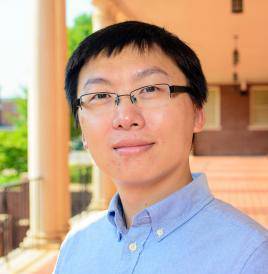
Dr. Yu Zhang
Dr. Zhang's work revolves around speech perception and spoken word recognition in monolingual listeners and bilingual population in the face of common stimuli variability such as speaker variability and different levels of noise. His lab seeks to understand how people with different native listening backgrounds handle these common sources of variability in their processing of speech and recognition of spoken words at a more fundamental level, despite the seemingly negligible challenges.
Meet Dr. Zhang